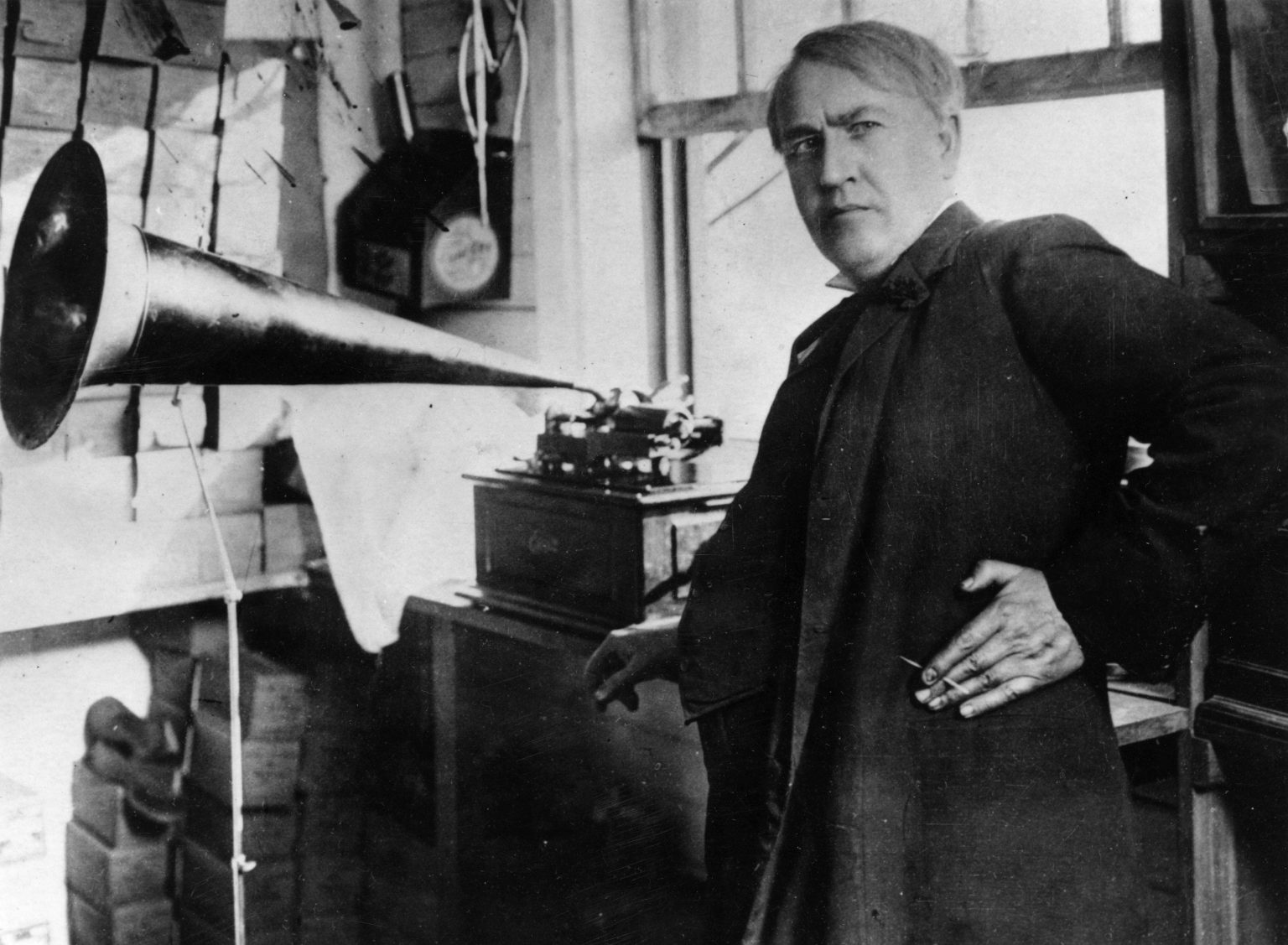On August 12, 1877, Thomas Alva Edison, also known as the Wizard of Menlo Park, invented the phonograph at his laboratory in New Jersey. This invention marked a new era of light and sound for humanity, as it was the earliest version of the record turntable that would go on to become the predominant form of music media in the 20th century. Edison predicted that the phonograph would be used liberally for music, and his invention not only played sounds but also recorded them. He tested the machine by speaking the nursery rhyme “Mary had a little lamb” into it, and to his amazement, the machine played back his words.
The phonograph revolutionized how people listened to music, leading to on-demand listening or “the music you want, whenever you want it.” This invention was part of a period of rapid innovation for Edison, who also invented the telephone transmitter and incandescent lamp during the same time frame. Later versions of the phonograph were called the gramophone, and the unique horn shape of the device inspired the name and design of the Grammy Awards, which honor the best productions and performances in music each year since 1959. The date of August 12, 1877, is widely accepted as the day the phonograph was invented, although some historians argue that it may have occurred a few months later.
Despite the debate over the exact date of the invention, there is no dispute that Edison received a patent for the phonograph on February 19, 1878. In his patent application, Edison described the objective of the invention as recording the human voice and other sounds in permanent characters that could be reproduced and made audible again in the future. This concept changed music, media, and the human relationship with sound forever. The phonograph signaled the beginning of a new era in entertainment and communication, paving the way for advancements in recording technology and the music industry.
The legacy of Edison’s phonograph can still be seen and heard today, as his vision of recording and reproducing sounds has evolved into modern music technology. The phonograph set the stage for the development of new audio recording and playback devices, shaping the way people consume and enjoy music. Edison’s invention was a groundbreaking achievement that laid the foundation for the recording industry and inspired future innovations in sound technology. The impact of the phonograph continues to be felt in the way music is produced, distributed, and consumed, highlighting the lasting influence of Thomas Edison and his pioneering work in the field of sound recording.













